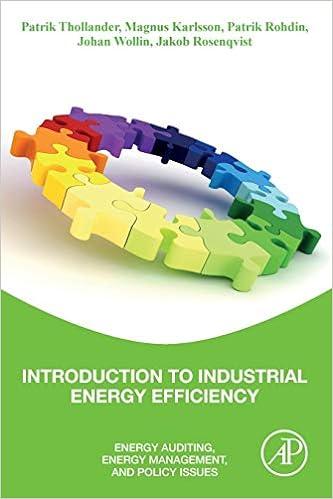Answered step by step
Verified Expert Solution
Question
1 Approved Answer
Question Jackson is a private company whose management accountant team is evaluating the performance of its investment centre. The company manufactures phones. So it is


Question Jackson is a private company whose management accountant team is evaluating the performance of its investment centre. The company manufactures phones. So it is using different measures recommended to look at its success or failure. The tests he wants to carry out are the following using the table below: Equity December 2020 financial information Current liabilities (non interest $ 56,700 bearing) Bond payable S 105,600 $ 250.000 Cash S 55.000 A/C Receivable S 43,000 Inventory $ 27,900 Non Operating Asset S 128.900 Accumulated Depreciation $ 7.500 Operating Expenses Supplies expense Utilities Expense Depreciation Expense Rent expense Training expenses Revenue Unearned Revenu COGS Interest on debt S 14500 8.750 7200 9.200 6700 106, 200 24,000 31.000 8.5% Risk free Rate 4.5% Cost of debt 7.3% Market return 9.4% Market Risk 1.2 OA in Jan 2020 $210.000 Tax Rate 17% Note: Company uses gross PPE (including accumulated Depreciation) REQUIRED 1. Calculate interest expense, net income, tax and EBIT [operating income) 2. Calculate the gross PPE (Plant, Property & Equipment) 3. Calculate cost of equity (re) 4. What is the average operating asset 5. What is the ROI (return on investment) of the company? 6. Use two component method to calculate ROI and indicate which component contributed most [Profitability or efficiency 7. Calculate Residual Income (RI) 8. What is the main difference in calculating ROI and RI? 9. What is the main disadvantages of both ROI and RI Question 2 Lotus LTD is a company that manufactures shoes. It has to decide if the project it is about to embark on will add economic value to the company. The management decides to use EVA to determine it. So it is trying to look at different components that are distributing to its success. The following information used is on the table below: Current liabilities (non-interest bearing] S 18,500 Current Assets S 45,600 Long term liabilities S 82,500 Equity $ 110,700 Accumulated Depreciation S 14,000 Operating Expenses S 32.600 Tax rate 19% Gross profit $63.000 Depreciation Expense $3,500 Interest on debt S 5,000 Research & Development $ 9.100 Training cost of employees $ 11,500 Government Bond Rate 4.2% Market Risk 1.3 Market index at start 24600 Market index at the end 27100 Hint: Be careful when using the depreciation provided Note: Research & Development expenses and training expenses are already included in operating expenses REQUIRED 1. Calculate EBIT (operating income) and tax expenses 2. Calculate net Plant Property and Equipment (PPE) 3. Calculate WACC weighted average cost of capital) 4. Calculate the Total Capital employed [TCE). 5. Calculate EVA [Economic Value Added] 6. Why is the WACC of a company using debt less than the cost of equity 7. What does a negative EVA mean to a firm and why is it disadvantageous to the firm? [ marks 40)
Step by Step Solution
There are 3 Steps involved in it
Step: 1

Get Instant Access to Expert-Tailored Solutions
See step-by-step solutions with expert insights and AI powered tools for academic success
Step: 2

Step: 3

Ace Your Homework with AI
Get the answers you need in no time with our AI-driven, step-by-step assistance
Get Started


